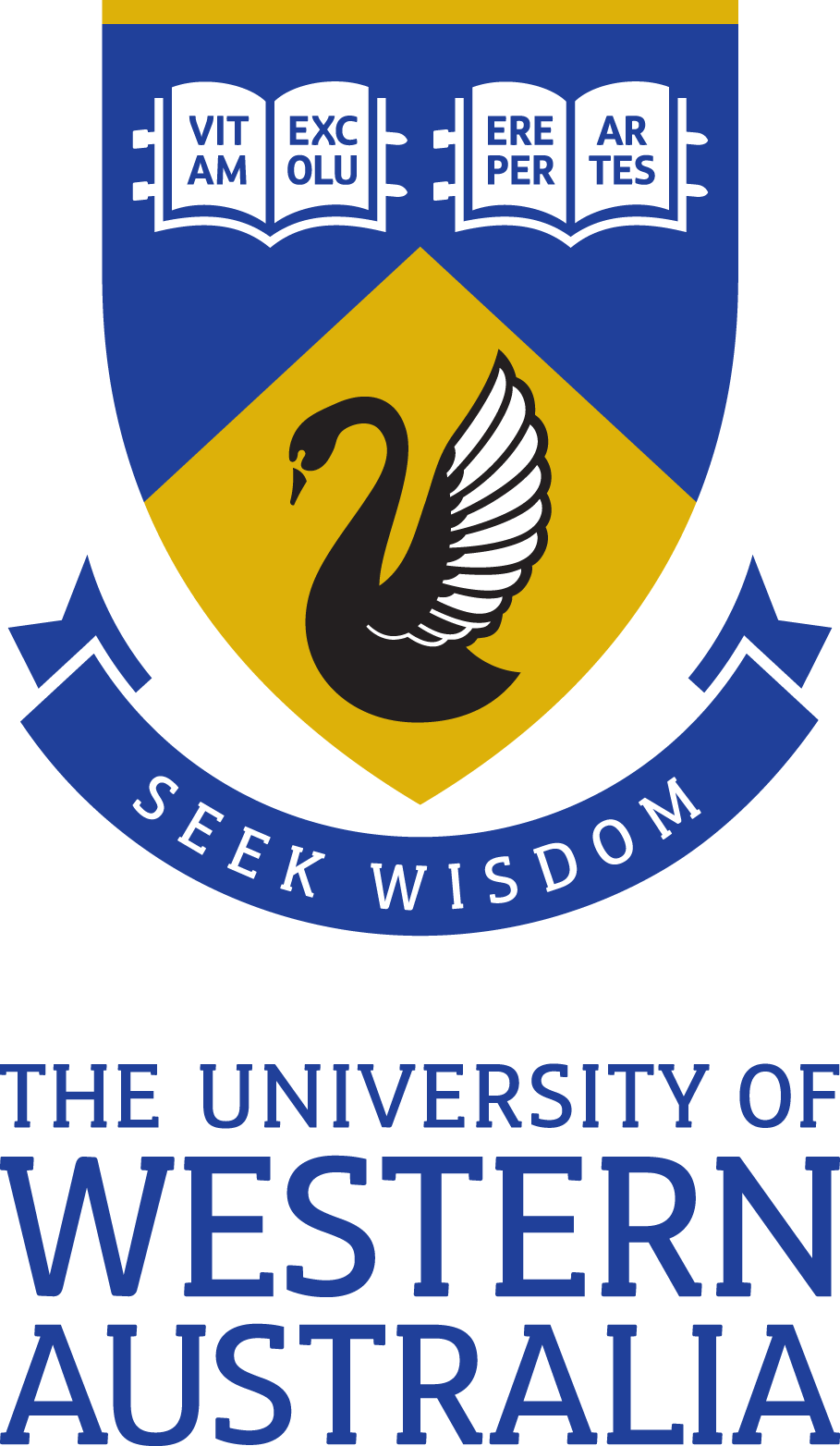Full description
The impact of sexual selection on the adaptive process remains unclear. On the one hand, sexual selection might hinder adaptation by favouring costly traits and preferences that reduce nonsexual fitness. On the other hand, condition dependence of success in sexual selection may accelerate adaptation. Here, we used replicate populations of Drosophila melanogaster to artificially select on male desiccation resistance while manipulating the opportunity for precopulatory sexual selection in a factorial design. Following five generations of artificial selection, we measured the desiccation resistance of males and females to test whether the addition of sexual selection accelerated adaptation. We found a significant interaction between the effects of natural selection and sexual selection: desiccation resistance was highest in populations where sexual selection was allowed to operate. Despite only selecting on males, we also found a response in females. These results provide empirical support for the idea that sexual selection can accelerate the rate of adaptation.,Dataset was collected through observational and qualitative methods (see manuscript for details). It was processed through Excel and R Studio.,Notes
External OrganisationsUniversity of Queensland
Associated Persons
Aline Gibson Vega (Creator)
Aline Gibson Vega (Creator)
Issued: 2020-04-23
User Contributed Tags
Login to tag this record with meaningful keywords to make it easier to discover
Identifiers
- DOI : 10.5061/DRYAD.QZ612JMBD

- global : 242c8e1b-2ce9-4522-85a8-63b422887c28


